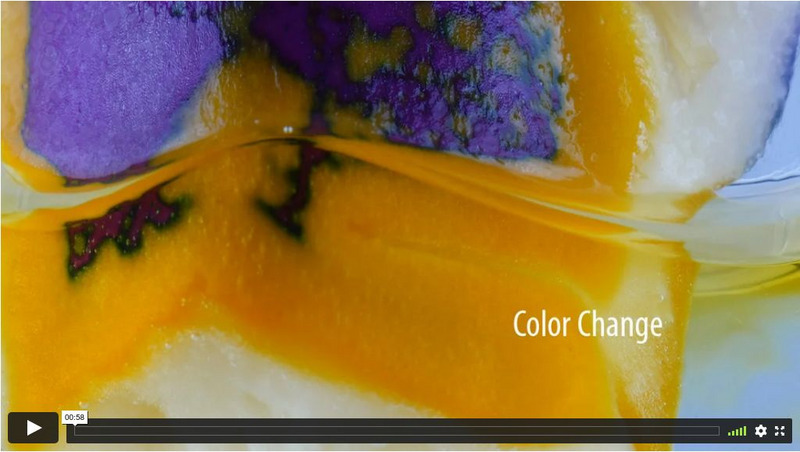Catalyst University
Microbiology: Phenylalanine Deaminase Test
Microbiology: Phenylalanine Deaminase Test
The Wall Street Journal
Recording Academy Co-President on Diversifying the Music Industry
Valeisha Butterfield Jones discusses her path to the executive leadership team, the importance of failure how she is championing women’s leadership in the American music industry.
Professor Dave Explains
Titration of Strong Acid With Strong Base
One of the most commonly performed techniques in the general chemistry laboratory is the acid-base titration. This is an analytical technique that we can use to determine the concentration of some analyte by titrating with some titrant...
Catalyst University
Hippurate Hydrolysis Test | Theory & Results
In this video, we explore the theory of the hippurate hydrolysis [hippuricase] test and how to interpret the results.
TLDR News
Britain’s Blue Passports: Everything You Need to Know - TLDR News.
In March the UK is set to start rolling out their new blue passports. These new design passports hark back to 1921 blue passports Britain held until the 80s when the colour changed to burgundy to unify with other EU nations. In this...
msvgo
Redox Reactions in Titrations
It explains the redox reaction on the basis of titrations. It discusses about permanganametry, dichrometry and Iodometry
Curated Video
Acids and Alkalis: Understanding pH and Indicators
The video discusses acids and alkalis, the pH scale, and indicators. It explains what acids and alkalis are in terms of the ions they form when dissolved in water, and how their concentrations can be measured using the pH scale. The...
Visual Learning Systems
Reactions: Evidence of Chemical Reactions
Chemicals interacting with each other are one of the most fascinating topics in chemistry. Fireworks, burning flares, and rusting all illustrate chemical reactions. The different types of reactions are described, as well as the process...
FuseSchool
How To Do Titrations
Learn how to carry out titration experiments. In this video, you will learn what apparatus needs to be used to conduct a titration, including pipettes, burettes and conical flasks. Titration experiments enable us to work out the exact...
Getty Images
Glossy Balls Loop - Rainbow Change On Black (HD)
Changing colourful Modern Background. Loops seamlessly.
Other
Beautiful Chemistry: Beautiful Reactions
Check out a collection of short videos demonstrating a variety of chemical reactions and the apparatus that aids in creating the reactions. Examples of the reactions shared are precipitation and bubbling.
Sophia Learning
Sophia: Acid/base Titration Calculations: Lesson 1
This lesson will demonstrate how to calculate the concentration of an unknown (acid or base) using the information obtained from a titration. It is 1 of 2 in the series titled "Acid/Base Titration Calculations."
Sophia Learning
Sophia: Chemical and Physical Changes
This lesson will define chemical and physical changes and provide examples that illustrate how to distinguish between the two.
Beautiful Chemistry
Vimeo: Beautiful Chemistry: Beautiful Reactions: Color Change
The molecules inside some plants giving them vibrant colors can change to other colors under acid and base conditions. What we show here is color change of purple cabbage and a flower named Teornia fournieri in sodium hydroxide and...
Sophia Learning
Sophia: Acid/base Titration Calculations: Lesson 2
This lesson will demonstrate how to calculate the concentration of an unknown (acid or base) using the information obtained from a titration. It is 2 of 2 in the series titled "Acid/Base Titration Calculations."





